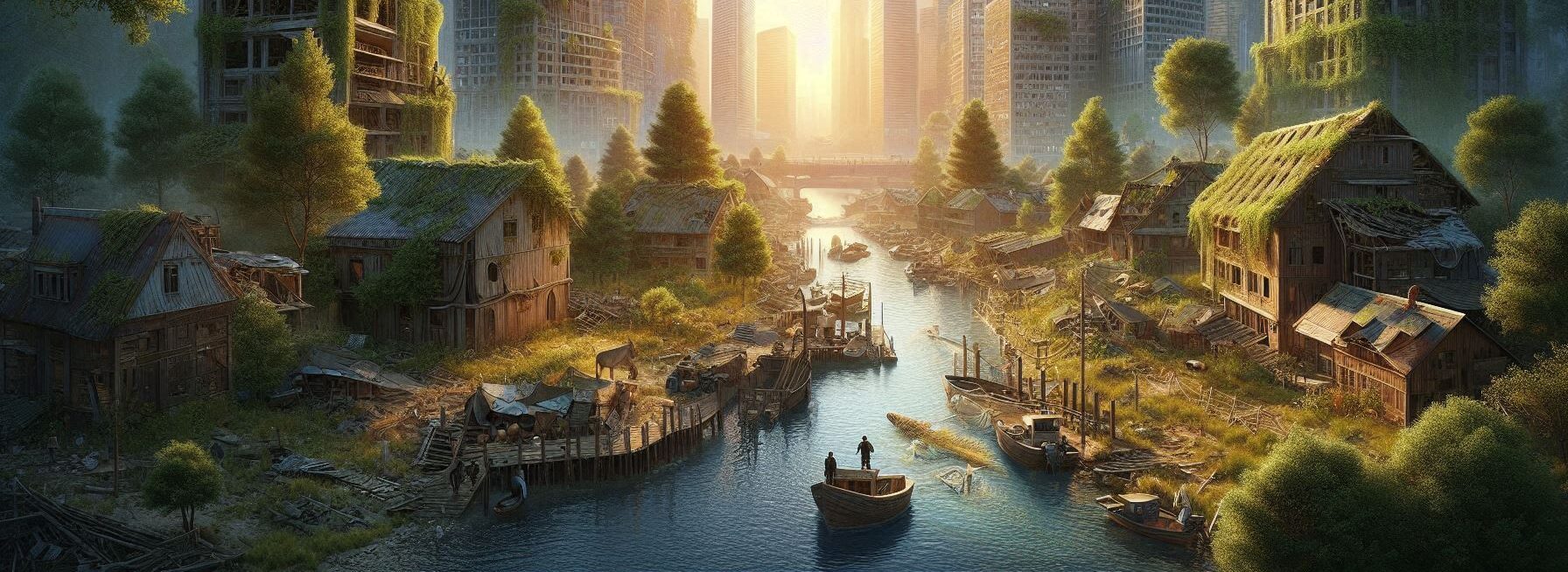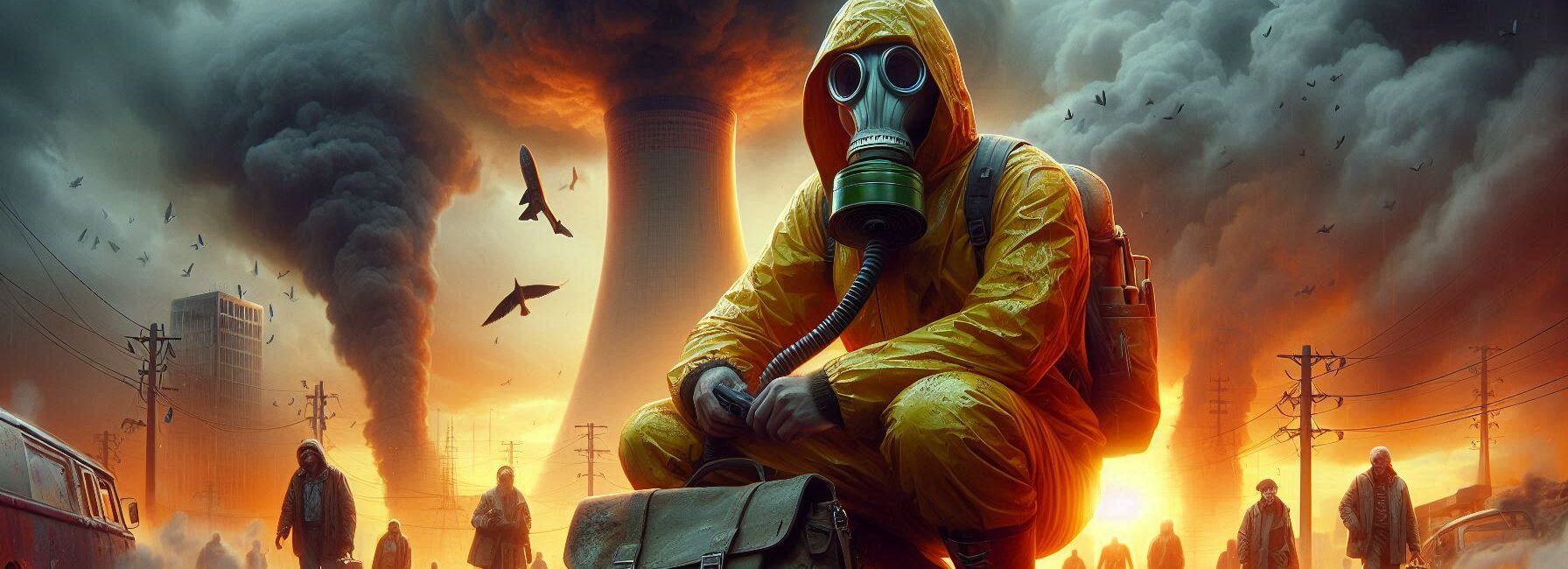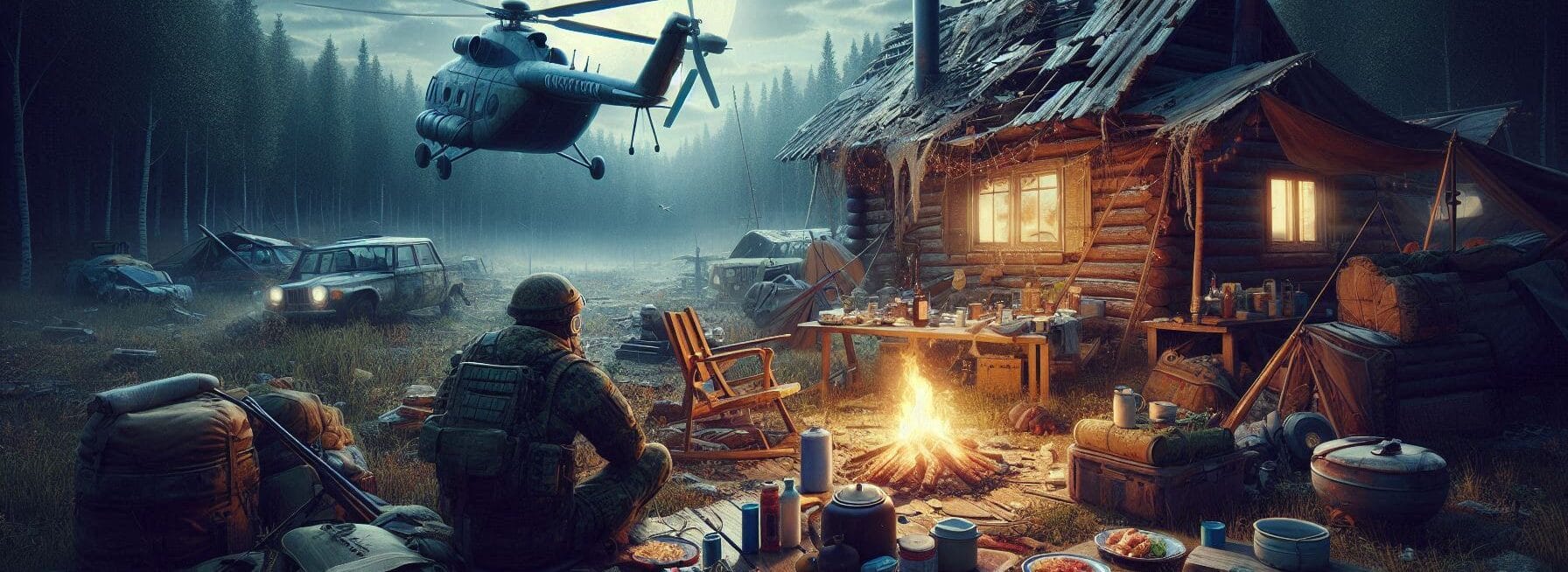Last Updated on November 2, 2025 by Kevin Collier
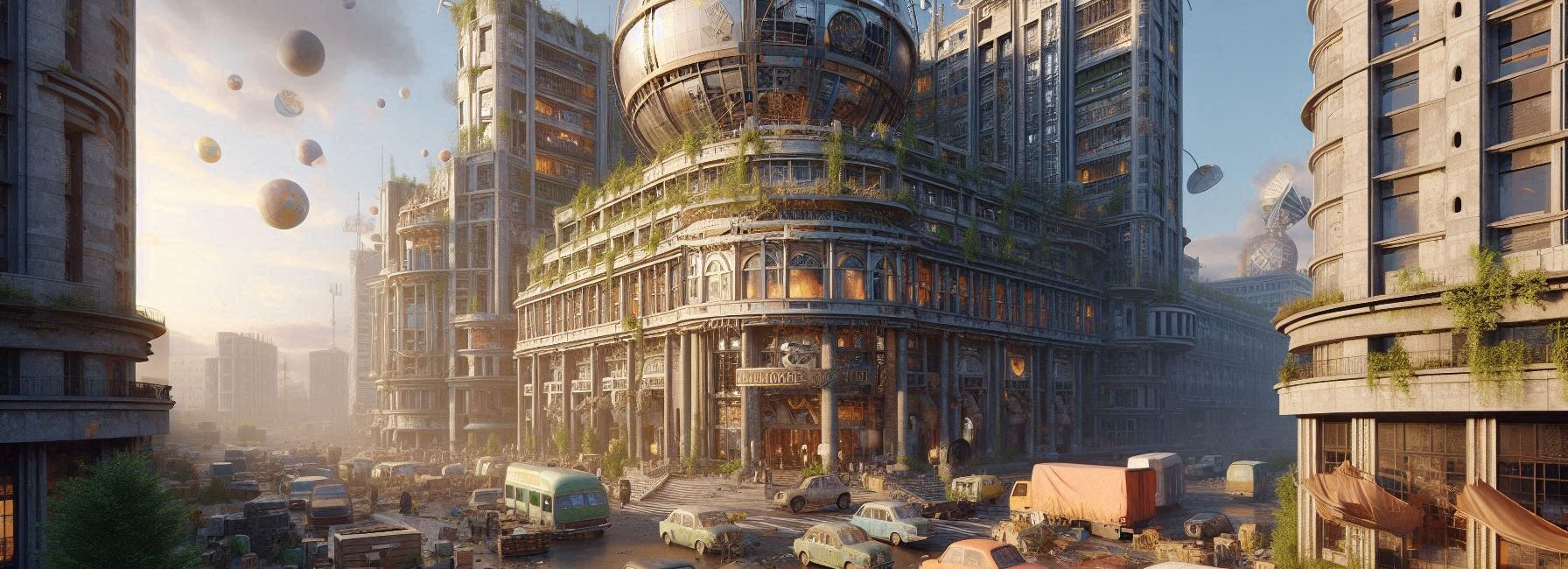
Top Takeaways and Key Concepts
- Form a balanced survival group with complementary skills and calm, cooperative personalities.
- Assign each member a clear role to maximize strengths and group efficiency.
- Choose a secure campsite near water and shelter, creating shared functional spaces.
- Grow food collaboratively using sunlight, soil quality, crop rotation, and vertical gardens.
- Establish defenses and communication systems, including lookouts, training, and coded alerts.
If civilization suddenly fell apart and we had to fight zombies or run away from them to get the final cans of beans, working together would be our greatest option. Really. You could live off of those wild berries and your trusty survival knife, but you might be a lone wolf. But isn't that a touch… sad?
It sounds a lot more fun to build a community. Just give it some thought. Friends working together, sharing their expertise, and watching out for each other. It's like putting together your own small team!
Please Note: This post may contain affiliate links. If you click one of them, we may receive a commission at no extra cost to you. As an Amazon Associate, I earn from qualifying purchases.
Think about a group harvest. Everyone has something to offer, like vegetables from the garden or a talent like starting a fire. You can make a warm and comfortable haven together, even while things are crazy outside.
Everyone could have a job to do. One person can cook, another can patrol, and yet another can tell stories by the fire. And hey, stories bring us all together, don't they?
But let's not make this become a reality show. Drama is for movies, not for real life. We desire real connections. It's all about helping each other.
Think about how nice it would be to celebrate minor wins together. Getting meals, being safe, and laughing over the strange things that transpired that day. That's what makes bad times easier.
So, get your group together. Share ideas, tools, and maybe even some fun. Having a group makes things seem a little easier to handle in this crazy, unpredictable world. We're all in this together!
Finding Your Fellow Survivors: The Right Mix of People
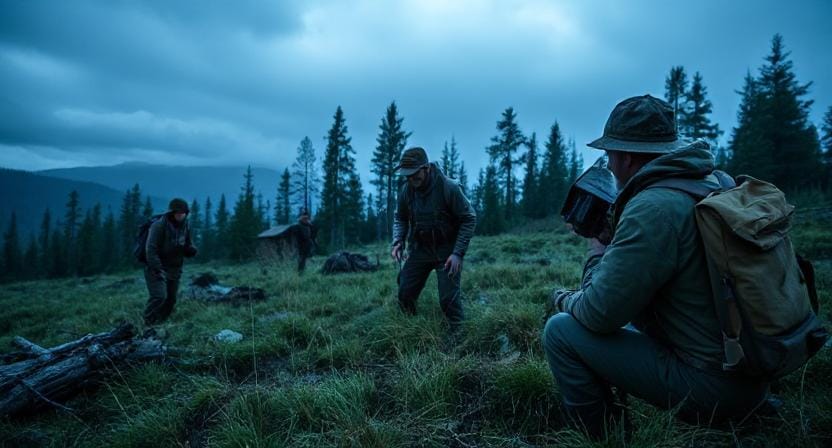
*** Shop for Survival Gear - Tools - Kits ***
Survival Gear - Bags and Backpacks - Knives - Boots/Footwear - Communication
Outdoor Cooking - Gloves - Hydration - Dry Boxes - Water Filtration Systems
Tents - Sleeping Bags - First Aid Kits - Multi-Tools - Flashlights - Fire Starters
Navigation - Survival Food - Night Vision - Headlamps - Stun Guns - Binoculars
First things first: who do you want to live in your community? I mean, let's be honest: no one wants to share limited resources with someone who thinks “survival” means watching old episodes of “Survivor” all day.
Find people whose skills work well together. You'll need farmers, builders, and medics—basically a group of individuals that can do everything from growing potatoes to fixing wounds after a run-in with wild animals.
Also, think about the characteristics of the people you want to join while you're looking for them. You don't want to work with someone who thinks that yelling loudly until they obtain what they want is a good way to negotiate. Instead, look for those who can keep calm when things get tough and maybe even make jokes when things get tight.
Believe me, you'll need to laugh when you have to deal with the harsh reality of life following the collapse!
Setting Up Roles: Everyone Has Something to Give
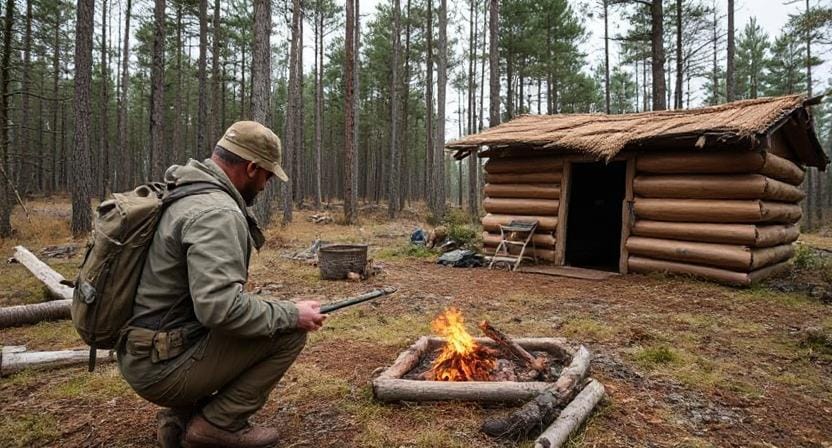
It's time to give each member of your team of survivors (let's name them “The Fabulous Few”) a role that fits their strengths.
It's not just about finding out who can bake the finest sourdough bread from scratch; it's also about making sure everyone feels important while getting things done.
Let's see… You might have Bob, who used to be an engineer until things went wrong. He can construct things or fix faulty machines. Sarah, the former nurse, undoubtedly has enough medical supplies hidden away to start her own clinic!
And don't forget about Greg. He may not know much about farming, but he sure can tell stories around the campfire! What is his job? Chief of Morale.
It's interesting that having distinct duties protects things from getting out of hand and makes everyone feel like they're doing something important, like being part of an epic adventure instead of just getting by day by day.
Setting Up Camp: Where Will You Stay?
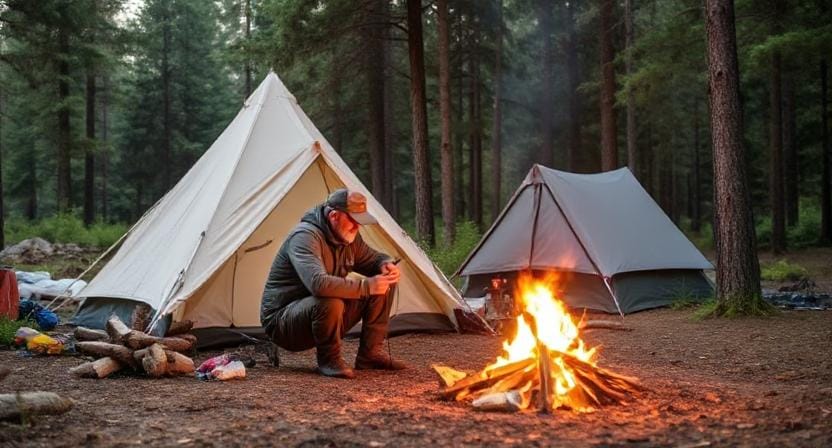
You have now set up your crew and given them jobs, like in a strange episode of Survivor that went well. Now you need to decide where this post-apocalyptic utopia will be. It's important to pick the appropriate area since where you are will decide how easy it is to get to water, shelter, and food.
Look for places near rivers or lakes if you can. They have drinking water and places to fish (hello protein!). Also, what if you locate an old barn or cabin nearby? Score! Just bear in mind that any shelter should be able to keep off unwelcome guests like raiders or those annoying zombies we keep talking about.
Once you are moved in, start making shared spaces, like a kitchen where you can cook meals together (and maybe argue over whose turn it is to wash the dishes) and places where everyone can talk about their survival plans or gossip about which neighbor hoards all the toilet paper!
Food Security: Growing Together
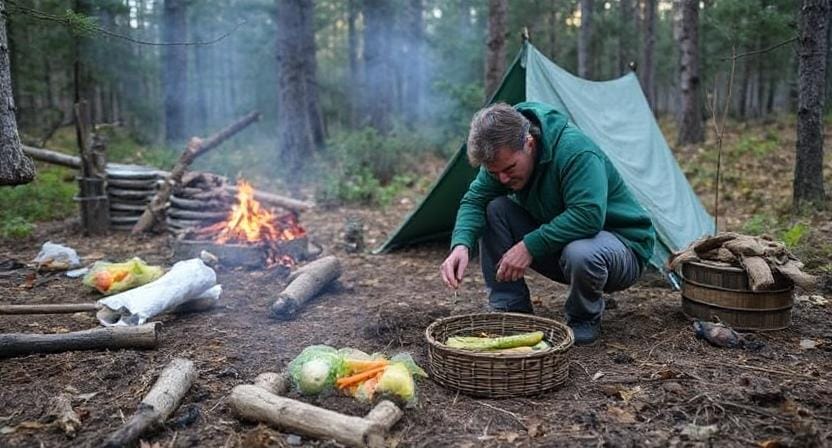
Food security will definitely be one of the biggest worries after the crash. How do we feed our happy group of survivors without eating each other (which I promise will lead to a bad end)?
The answer is to grow food together! First, choose garden plots based on how much sun they get and how good the soil is. After all, no one wants to eat wilted lettuce at supper!
To make things more interesting—and honestly less boring—think about using crop rotation methods so that some plants don't always have to compete for nutrients. Also, go outside the box when it comes to gardening. Vertical gardens use space better and don't hurt your back as much from bending over all the time.
And speaking of that, you'll need a lot of seeds from the last harvest or you'll have to trade with other towns once trading becomes possible again. Sharing food is just as vital as sharing knowledge. Show people how to grow their crops so that no one has to look longingly at empty plates when it's time to eat!
Defense Strategies: How to Keep Your Community Safe
Let's be honest: after the collapse, society may attract shady people searching for easy targets (and no one wants their peanut butter stash stolen).
So, it's really important to come up with defense plans! First of all? Set up lookout spots around your community where guards can keep an eye on things during times when people are most vulnerable, like at night.
You could also want to provide some basic self-defense training sessions for the group members, though. If everyone knows how to use guns safely, they won't feel helpless if something bad happens.
Also, teaming up with other groups could make defenses even stronger and help survivors get to know each other better as they face similar problems ahead! We are stronger when we work together than when we work alone, even if our cooking abilities could use some work…
Talk to Each Other: Stay in Touch
Last but not least, communication is important! When cell phones are just old things that sit on shelves and collect dust, it's important for communities to find good ways to transmit information rapidly without just yelling across fields (though that does make it funny).
Think about putting up colored flags or simple coded messaging around the campgrounds so that everyone knows what alerts signify and what steps need to be taken. This will help keep people from panicking when they don't understand what the warnings mean!
And don't forget to have regular meetings, either! Getting together regularly gives us all a chance to talk about important topics and celebrate tiny wins we've made along the way as we face these uncertain times ahead.
Frequently Asked Questions
Why is having a balanced mix of skills important in a post-apocalyptic group?
Balanced skill sets ensure members can handle food production, building, medical needs, and other crucial survival priorities.
Should each member have a designated role?
Yes, assigning roles helps maximize strengths, reduce conflict, and keep daily tasks organized and effective.
What should a community look for when choosing a campsite?
Select land near water sources, natural shelter, and areas that allow shared cooking and communal structures.
How can a group grow food efficiently in limited space?
Use sunlight wisely, rotate crops to protect soil health, and incorporate vertical gardening to increase yield per square foot.
What are effective community defense measures?
Lookouts, basic defensive training, and coordinated alert systems help identify threats early and protect the group.
How can small groups communicate without modern technology?
Basic codes, flag signals, and pre-planned alerts allow information sharing even when electronic devices are unavailable.
Why prioritize cooperative personalities in a survival community?
Stable, calm members reduce conflict, improve morale, and make long-term community life sustainable under stressful circumstances.
Suggested Resources:
Building Your Own Survival Community
https://www.survivalsullivan.com/build-survival-community/
How To Build a Sustainable Community
https://www.theorganicprepper.com/sustainable-community/
Creating A Self-Sufficient Homestead
https://homesteading.com/self-sufficient-homestead-guide/

Kevin Collier is a seasoned survivalist and expert in prepping and homesteading, contributing to WiseSurvive.com. With a deep-rooted passion for self-sufficiency and outdoor survival skills, Kevin shares practical advice, strategies, and resources to help individuals prepare for any challenge. His informative articles cover a range of topics, from essential survival techniques to sustainable living practices, empowering readers to thrive in any situation. Whether you're a novice or a seasoned prepper, Kevin's insights will inspire you to take charge of your readiness and build resilience for the future.

